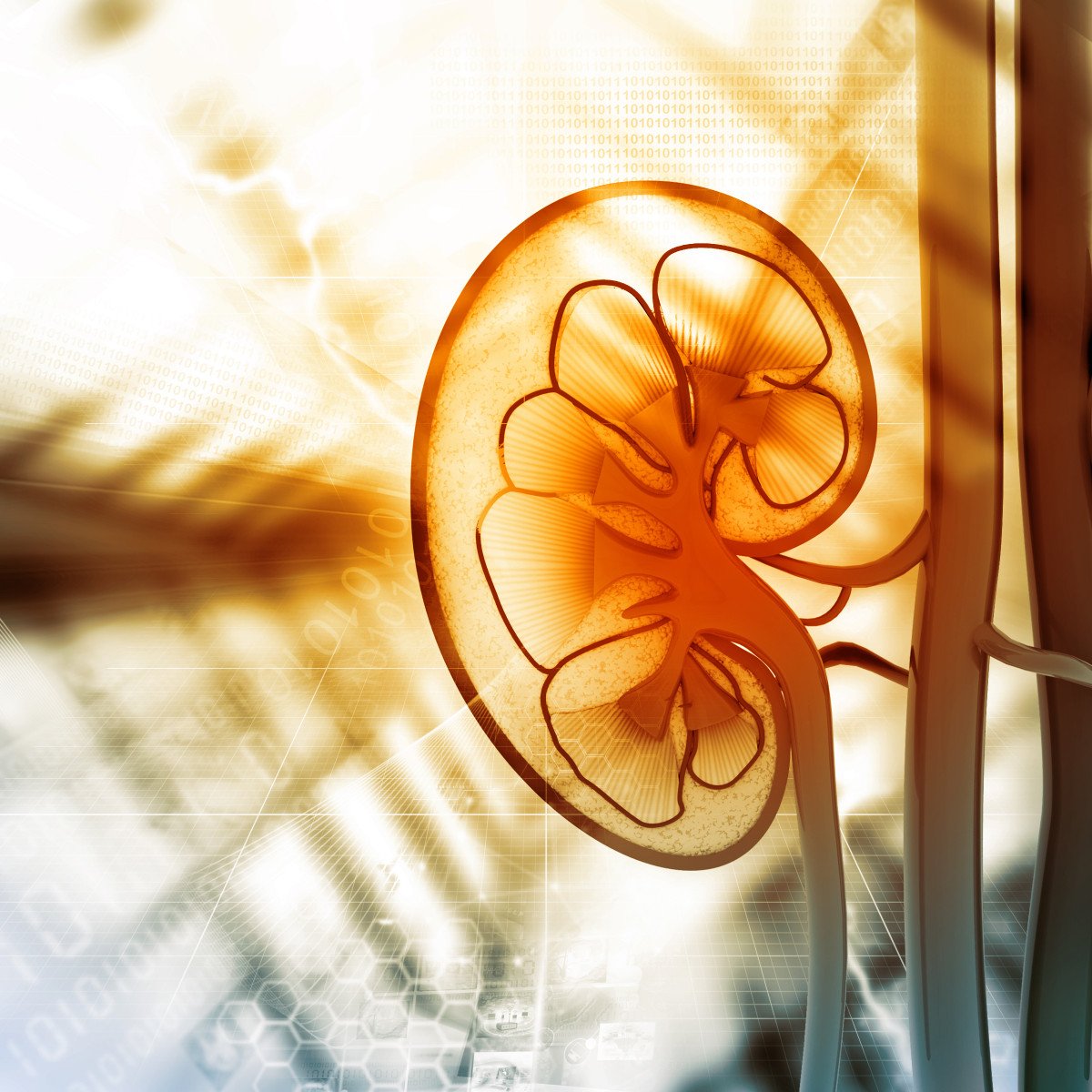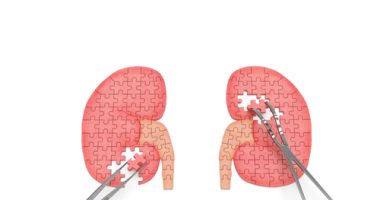Reata Starts Phase 3 Portion of Trial of Bardoxolone Methyl for Kidney Disease Due to Alport Syndrome

Reata Pharmaceuticals has enrolled the first patient in the Phase 3 portion of a clinical trial evaluating bardoxolone methyl as a treatment for chronic kidney disease stemming from Alport syndrome.
The syndrome is characterized by progressive kidney failure that can lead to chronic kidney disease, or CKD. About half of men with Alport need dialysis or a kidney transplant by age 25.
Mutations in genes that generate a protein called type IV collagen cause the syndrome. The collagen is a critical component of the glomerular basement membrane, part of the kidney’s filtration system.
The gene mutations produce a faulty version of type IV collagen that weakens the membrane, causing protein leakage. This leads to excessive protein reabsorption in the kidneys, triggering chronic inflammation, fibrosis — or scarring — and oxidative stress. Oxidative stress occurs when the body produces more tissue-damaging free radicals than it can counter.
Bardoxolone methyl promotes the activity of a protein known as transcription factor Nrf2. It helps lower inflammation by restoring mitochondrial function, reducing oxidative stress and inhibiting pro-inflammatory signaling. Mitochondria are cell components that generate energy.
The main objective of the Phase 2/3 CARDINAL clinical trial (NCT03019185) is to see if bardoxolone methyl can improve Alport syndrome patients’ kidney function. It will also assess the therapy’s safety.
“We are very pleased to begin enrollment of the Phase 3 portion of the CARDINAL study, and we are encouraged by the enthusiasm for bardoxolone that we have experienced within the renal community,” Warren Huff, Reata’s president and chief executive officer, said in a press release. “We hope to demonstrate that bardoxolone can serve as a meaningful new treatment option for patients with Alport syndrome.”
The U.S. Food and Drug Administration granted orphan drug status to bardoxolone methyl in July 2017. That status gives Reata incentives to continue developing the therapy.
Reata also announced the results of the Phase 2 portion of the CARDINAL trial in July. They showed that bardoxolone methyl can help improve kidney function. The positive results from that trial laid the ground for Reata to start the Phase 3 portion.
The company has raised $115.9 million from a public stocking offering to continue its clinical trials of bardoxolone methyl.







Comments